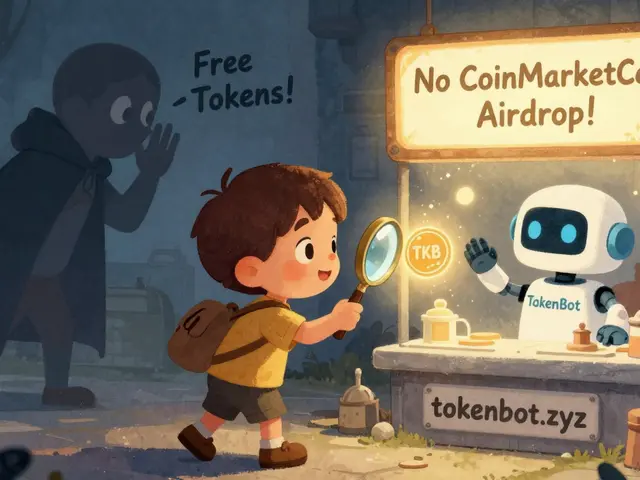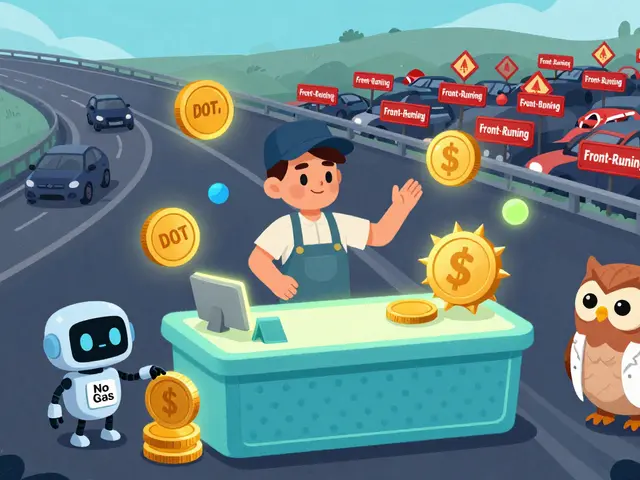Crypto Banking in Ecuador
When it comes to crypto banking in Ecuador, the use of cryptocurrencies as an alternative to traditional banking services in a country with limited access to formal finance. Also known as digital currency adoption in Ecuador, it’s not just about trading Bitcoin — it’s about survival for many who can’t rely on banks. With inflation eating away at the sucre and banks refusing to serve crypto users, people turned to blockchain to send money, buy goods, and save value.
That shift created a new kind of financial underground. cryptocurrency regulations in Ecuador, the lack of official rules governing digital asset use by individuals and businesses means no one’s officially in charge. The Central Bank warns against crypto, but doesn’t ban it. That gray zone lets people use platforms like Binance, Paxful, and local P2P apps to trade USD-backed tokens like USDT. You won’t find crypto ATMs in Quito like you would in Miami, but you’ll find people trading cash for Bitcoin in cafes and markets.
crypto adoption in Ecuador, the real-world use of digital currencies for everyday transactions and remittances is driven by necessity. Over 40% of Ecuadorians send or receive money from abroad. Traditional remittance fees can hit 10%. With crypto, they drop to under 1%. A farmer in Cuenca might get paid in USDT from a relative in the U.S., then swap it for cash at a local exchange point. It’s messy, risky, and often illegal under bank policy — but it works.
And it’s not just about money. digital currency Ecuador, the broader ecosystem of blockchain tools and tokens used to bypass financial exclusion includes DeFi apps, stablecoins, and even NFT-based loyalty programs. Some shops accept crypto for groceries. Freelancers invoice in USDC. People park savings in liquidity pools because bank interest is near zero. It’s not a trend — it’s a response to broken systems.
But risks are real. No consumer protection. No recourse if a P2P deal goes bad. And while the government hasn’t cracked down hard yet, they could at any moment. If your bank finds out you’re trading crypto, they might freeze your account. That’s why most users stay quiet. They don’t need headlines — they need access.
What you’ll find in this collection are real stories and hard facts about how crypto banking works in Ecuador — not theory, not hype. We’ve pulled together guides on how locals trade, what tokens they use, which platforms are safe, and how to avoid scams targeting those who just want to get paid. These aren’t speculative coins or meme tokens. These are tools people are using right now to survive.
Cryptocurrency Restrictions in Ecuador: What You Can and Can't Do in 2025
Ecuador doesn't ban cryptocurrency, but banks block all crypto transactions. Learn how people buy Bitcoin, pay taxes, mine, and navigate strict rules in 2025 - and why adoption remains below 3%.





